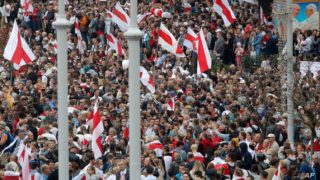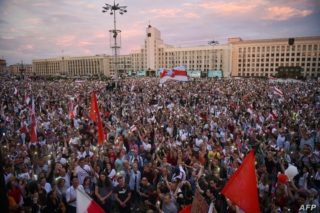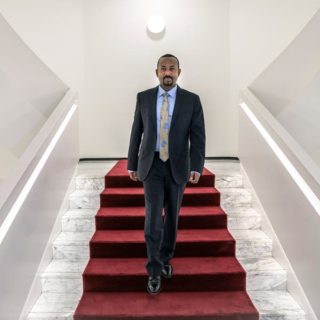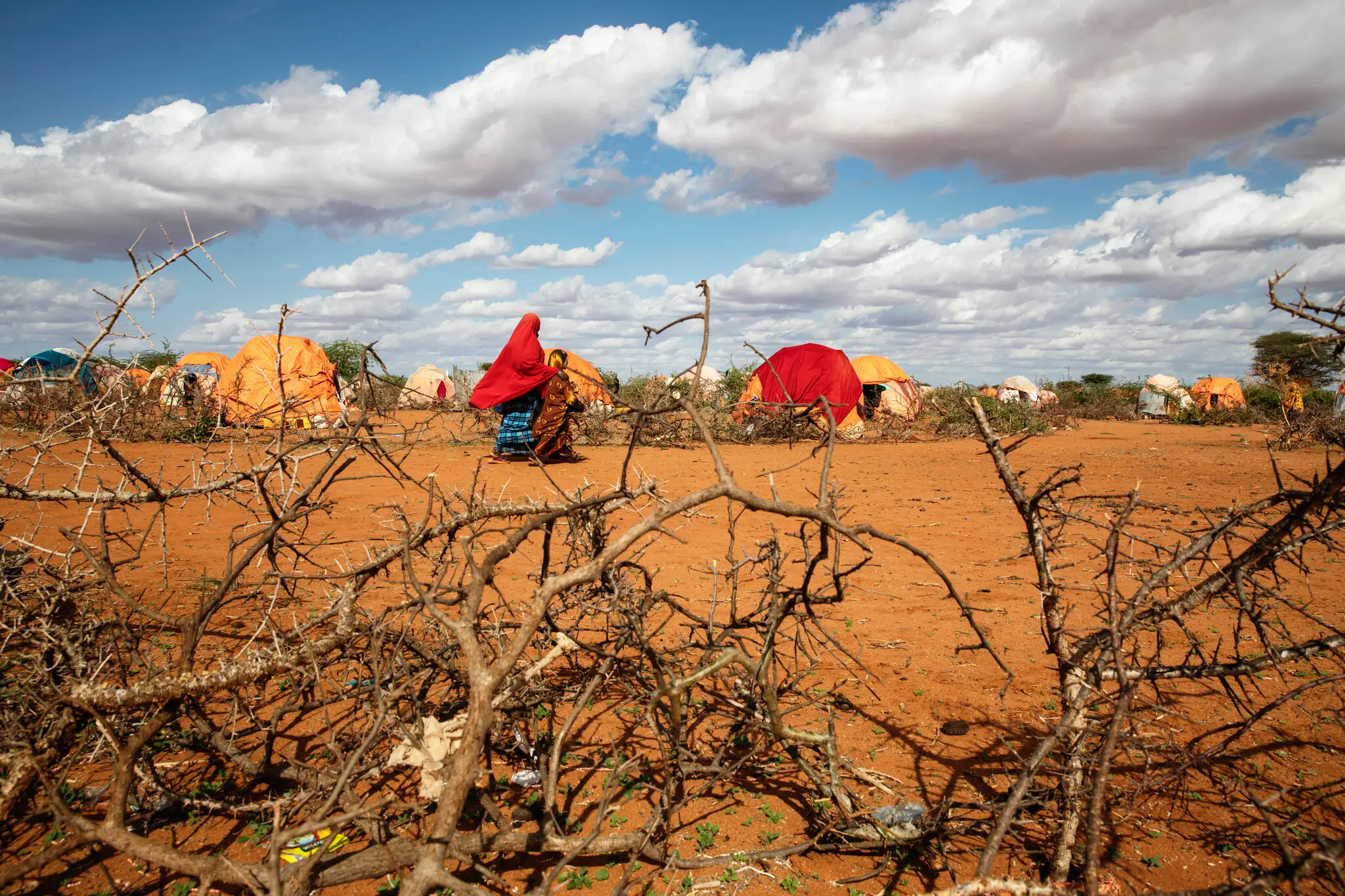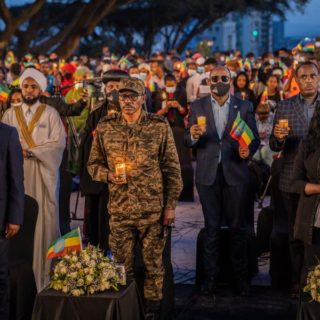Tens of thousands of people gathered in the Belarusian capital, Minsk, for a rally Sunday against the disputed reelection of President Alexander Lukashenko and a postelection crackdown amid a heavy military presence in the city amid a fresh warning from the army.
Crowds filed down streets of the city center for what is being billed as the March of New Belarus as protests entered a 15th day in the Eastern European country of 9.5 million.
Protesters, chanting “freedom,” were calling for Lukashenko’s resignation.
Ahead of the rally, the Defense Ministry announced the army would take responsibility for protecting national memorials from protesters.
In a statement, the ministry said any unrest near such monuments and statues would no longer be responded to by police forces but by the army.
The statement came as army personnel were spotted being transported into Minsk in military transporters.
The opposition NEXTA Life Telegram channel said police checkpoints had been set up at road entrances to the Belarusian capital.
So far, two people have been confirmed killed in the postelection protests in Belarus.

Opposition supporters protest against disputed presidential elections results at Independence Square in Minsk, Belarus, Aug. 18, 2020.
Thousands of people have taken to the streets of Belarus since Lukashenko, in power since 1994, was declared the winner of the August 9 poll. More than 7,000 people have been detained and hundreds beaten by police. The EU and the United States have criticized the vote and condemned the postelection crackdown.
Human chains of solidarity with Belarus were planned for later Sunday in 26 countries, including Lithuania, where the human line hopes to stretch to the border with Belarus.
Thirty-one years ago, on August 23, 1989, an estimated 2 million people joined arms across the three Baltic states of Estonia, Latvia and Lithuania in a protest against Soviet rule that became known as the “Baltic Way.”

Belarusian opposition politician Sviatlana Tsikhanouskaya addresses the nation in Vilnius, Lithuania, in this still image taken from handout video released Aug. 21, 2020.
Tsikhanouskaya, the opposition candidate who fled to Lithuania after the election and claimed to have won from 60 to 70 percent of the vote, said Saturday that Belarusians must “struggle for their rights” and not be distracted by Lukashenko’s claims that the country was under military threat.
“We are people of Belarus and we are a majority and we will not step away. We are not afraid of them anymore,” she told the AFP news agency.
Her comments came as Lukashenko again claimed NATO troops in Poland and Lithuania were “seriously stirring” near Belarus’s borders.
Dressed in military fatigues, Lukashenko told a military unit in Hrodna Saturday that Belarus’s army must “protect the territorial integrity of our country,” adding “military support is evident.”
NATO said the claims were “baseless.”
“As we have already made clear, NATO poses no threat to Belarus or any other country and has no military buildup in the region,” it said in a statement last week.
Lithuanian President Gitanas Nauseda also denied the accusation Saturday.
“The regime is trying to divert attention from Belarus’s internal problems at any cost with totally baseless statements about imaginary external threats,” Nauseda told AFP.
The Lithuanian Foreign Ministry also announced Saturday that U.S. Deputy Secretary of State Stephen Biegun will visit Lithuania and Russia next week for talks on the Belarusian postelection crisis.
Tsikhanouskaya’s team said Saturday that Biegun would meet the opposition candidate in Lithuania.
No election in Belarus under Lukashenko has ever been deemed free or fair by the West.
FEATURED IMAGE: Thousands of people gather for a protest at the Independence square in Minsk, Belarus, Aug. 23, 2020.
VOA

